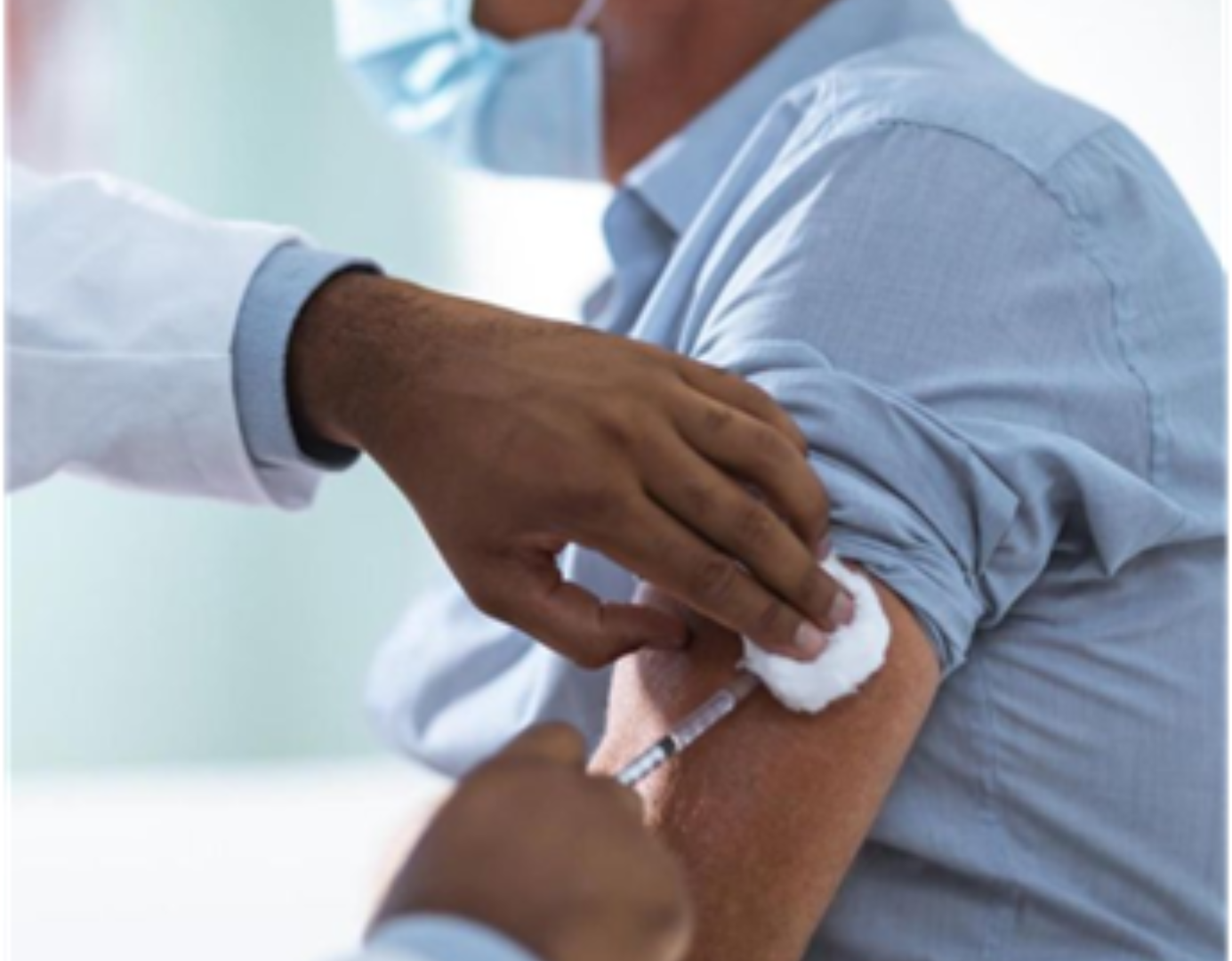COVID-19 booster and flu vaccinations
Published on: 26 September 2022Your questions answered on the autumn COVID-19 booster and seasonal flu jab.

COVID-19 autumn booster vaccination
Vaccines remain the best line of defence against COVID-19. Protection provided by the vaccine reduces over time, and that’s why the autumn booster programme has been introduced.
The Joint Committee on Vaccination and Immunisation (JCVI) has recommended a programme of vaccination against COVID-19 in early autumn. Everyone aged 50 and over, those aged 5 to 49 in a clinical risk group and those aged 5 to 49 who are carers or household contacts of someone who is immunosuppressed are eligible. In addition, health and social care workers and residents in a care home will be offered the autumn booster.
Check the relevant link for England, Scotland, Wales and Northern Ireland.
Can the COVID-19 and flu vaccines be combined into one jab?
No. The available vaccines are for either COVID-19 or flu. Those eligible for a COVID-19 autumn dose and a flu vaccine will receive separate vaccines.
For those eligible to have both vaccines, the NHS will seek to maximise opportunities to co-administer both vaccines where possible, meaning you may have both given at the same appointment.
The annual flu vaccine
The flu vaccine is given free on the NHS to people with certain health conditions, which includes lymphoma. The list of people who qualify for the flu jab includes people over 50, frontline health and social care workers.
You are recommended to have an annual influenza vaccine or ‘flu jab’ if you have lymphoma, if you have had your spleen removed (splenectomy), if you are having chemotherapy, steroids or radiotherapy. These can suppress your immune system, making you more vulnerable to flu. People who are in close contact with you should also have the flu jab.
The timing of the flu jab is important. Ideally people should have this before they start treatment, because once on treatments such as rituximab, there is evidence to suggest that the flu vaccine is not as effective.
You need to be vaccinated every year as each year’s vaccine is developed based on the virus strains experts think most likely to be around in the coming year. If you are attending hospital regularly for treatment, you may be able to have the flu jab there; otherwise ask your local GP surgery. The flu vaccine does not contain live virus, so you cannot catch flu from having the jab.
Important advice:
- Aim to have the flu vaccination before you commence treatment.
- If on treatment, ask your medical team about the best time to have the vaccination.
- If you have had a transplant, you should receive the flu vaccination 6 months post-treatment and annually thereafter.
- Some children have the nasal flu vaccine. This is a live vaccine so you should avoid children who have had it for 2 weeks following their vaccination if your immune system is weakened.
Acknowledgements:
- Dr Cathy Burton, Consultant Haematologist at St James's University Hospital, Leeds.
- Dr Oge Ilozue GP and Senior Clinical Advisor, NHS London Vaccination Programme who addressed many of the questions in the film.
